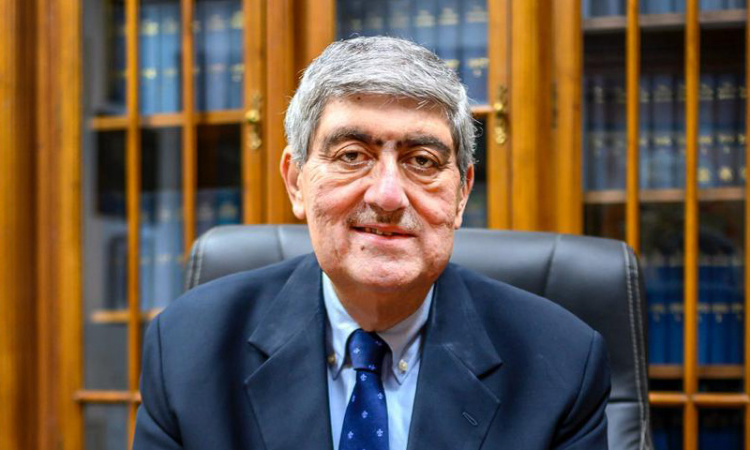Justice Sanjay Kishan Kaul delivered the inaugural lecture at the 'First Annual Lecture Series' organised by Gauhati High Court Itanagar Permanent Bench Bar Association (GHCIPBBA) in association with Tewari & Associates at WAII International, Itanagar. The event was presided over by Union Law Minister Kiren Rijiju. At the very outset, Justice Kaul underlined the importance of the concept...

